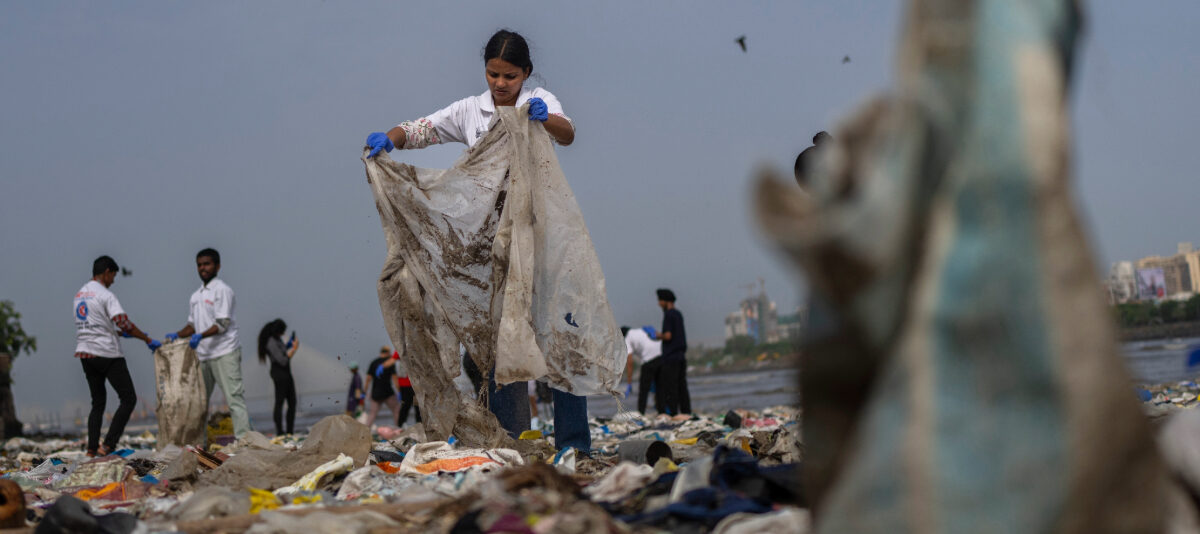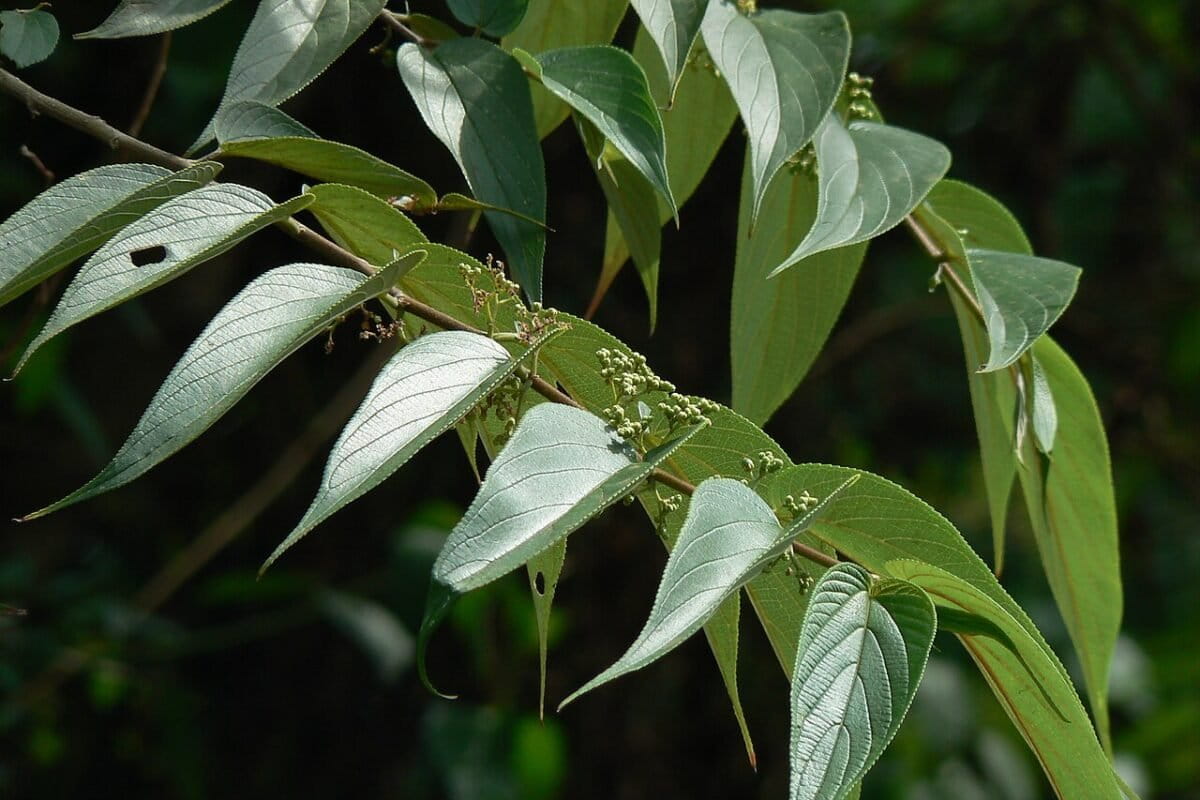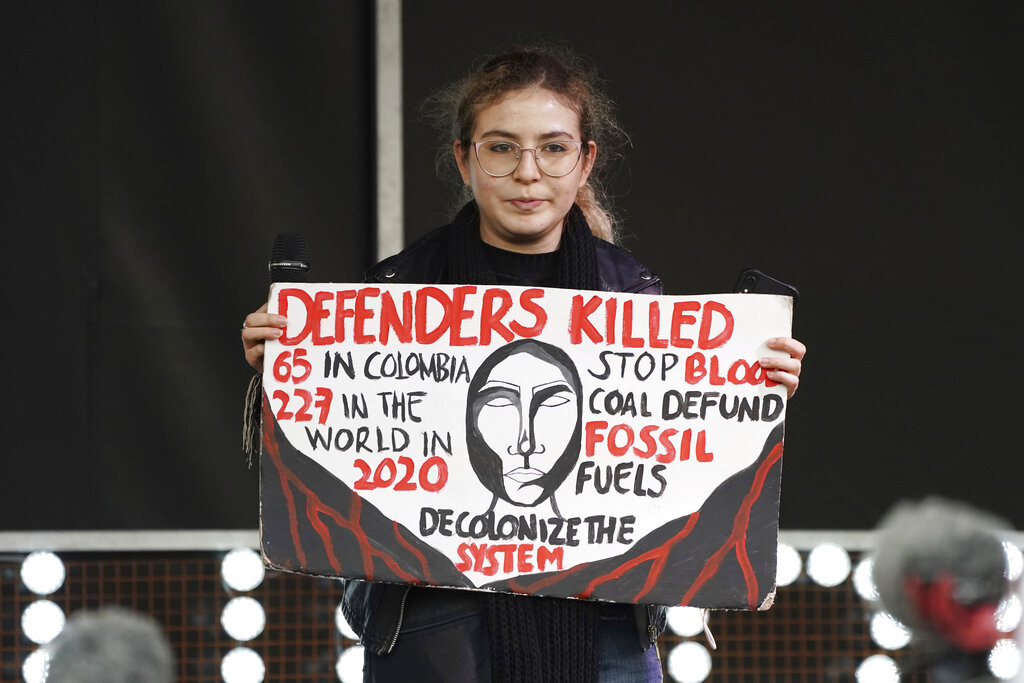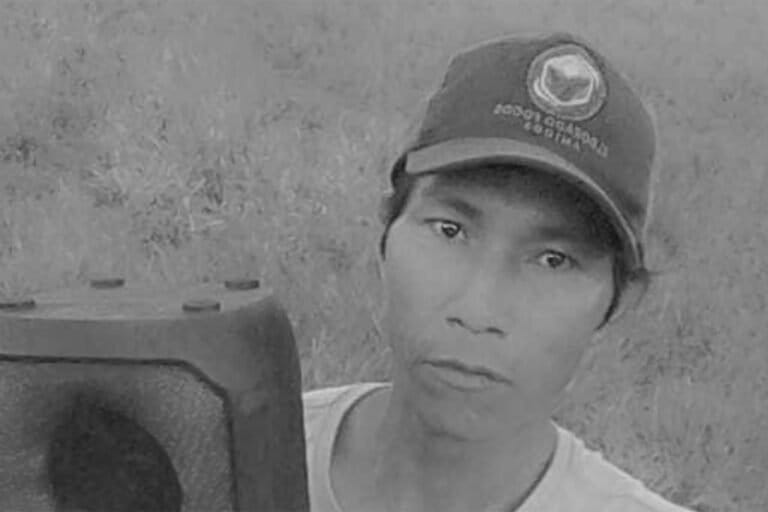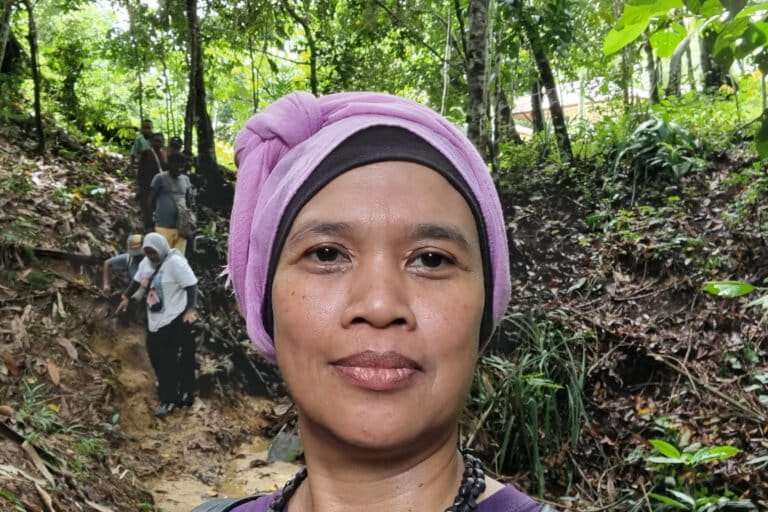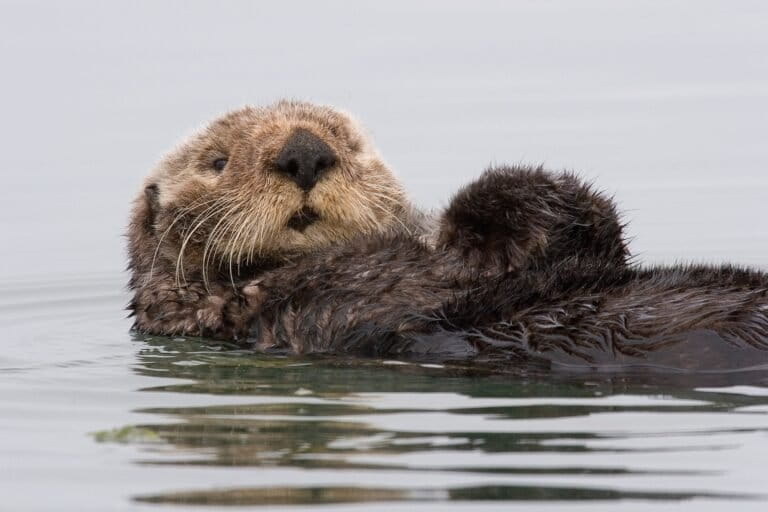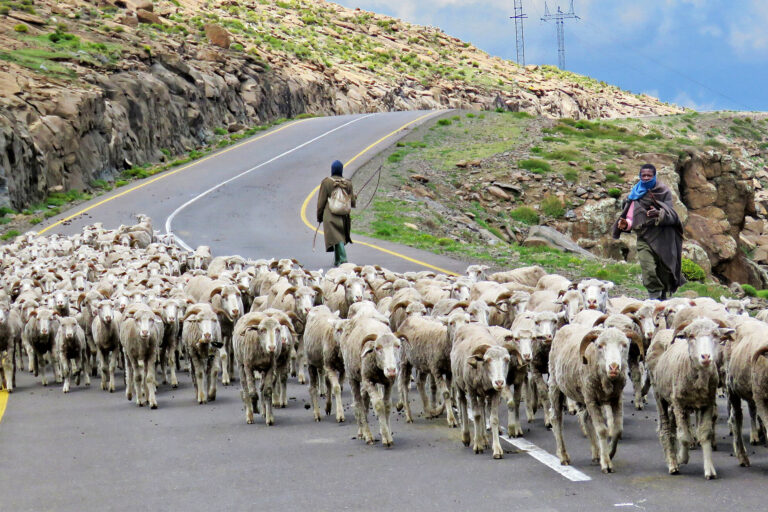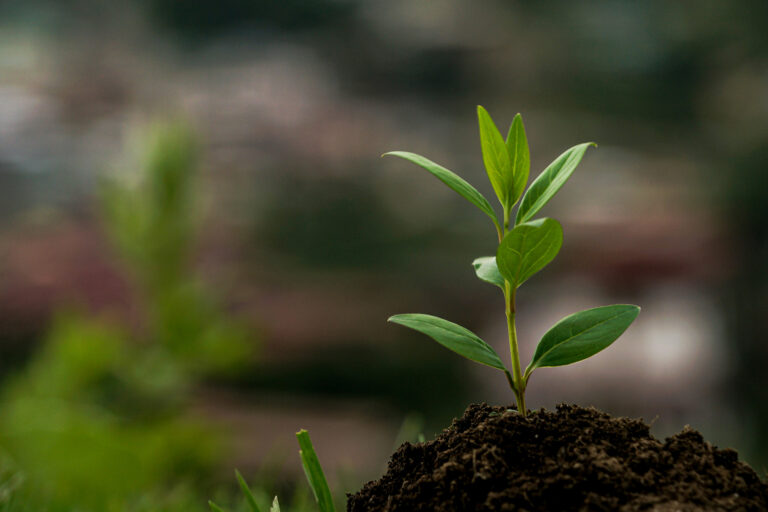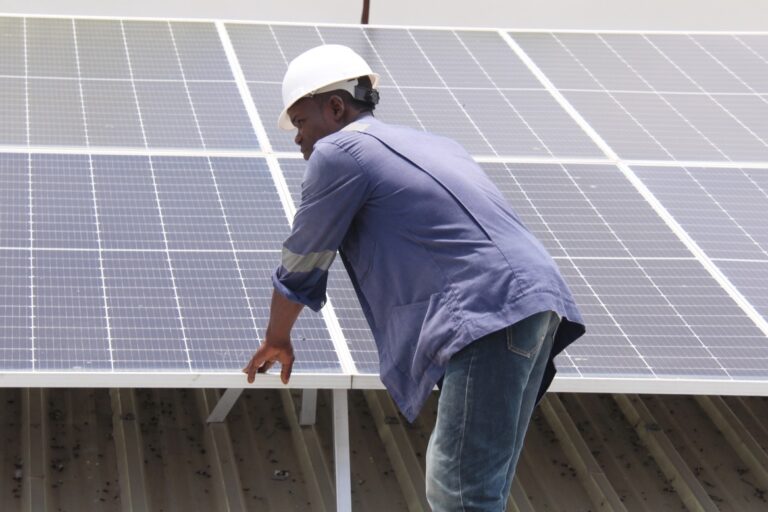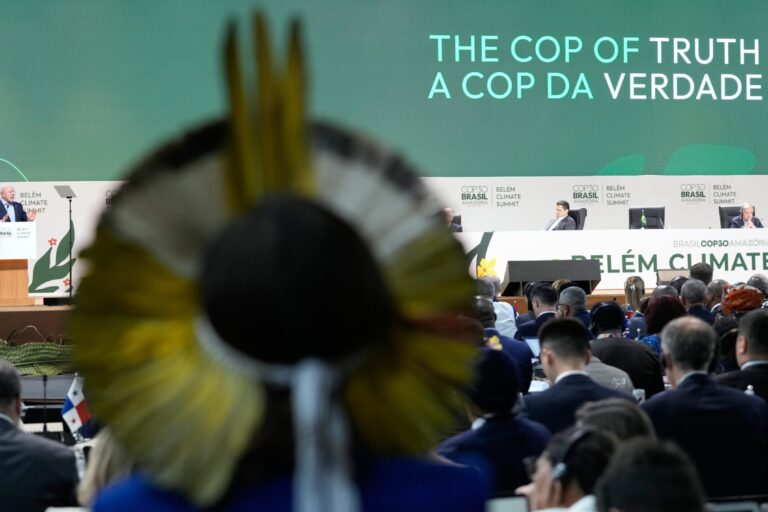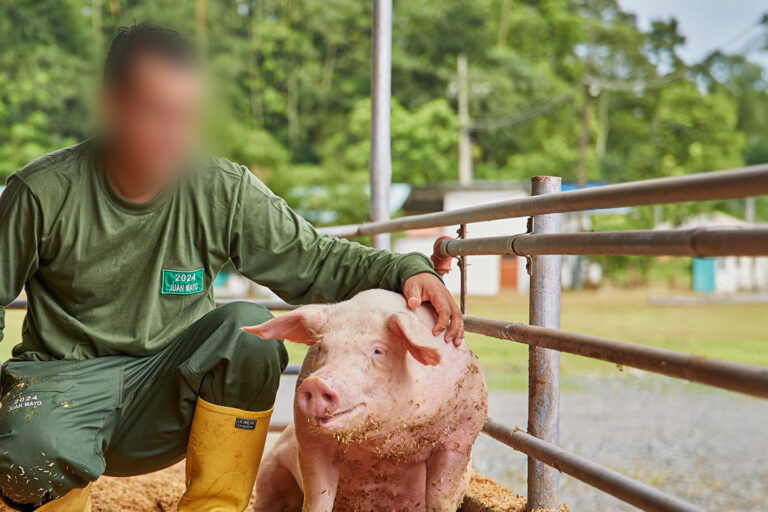BAKU, Azerbaijan – The debate around international climate finance is often interpreted to mean developing countries demand wealthier nations cover the growing climate bill.
However, at the ongoing U.N. Climate Change Conference in Baku, Azerbaijan, African leaders argue they are not seeking free money. Instead, they want the world to recognize the true value of their natural resources and the role many developing countries play in protecting the global environment.
The Congo Basin, which is the second-largest rainforest in the world, absorbs 1.5 billion tons of carbon dioxide annually. The Congo Basin peatlands store an additional 29 billion tons of carbon. Together, the Congo peatlands and rainforest are crucial for stabilizing the global climate. They provide a critical service for the world that African leaders argue must be taken into account when valuing the wealth of the African economies that support a livable planet.
They are calling on the global community to appropriately recognize these services and include them in the natural capital accounting of Africa’s true wealth and gross domestic product (GDP), the measure of a country’s riches.
“We are not asking for handouts,” said Paul Kagame, the president of Rwanda.
Kagame wants the world to compensate developing countries for the crucial services that safeguard the global climate.
“It is about the world paying for something that has tremendous value for the future,” he said.
Experts argue that the undervaluation of Africa’s true wealth and GDP limits the continent’s access to financial markets, which affects credit ratings for many African countries. As a result, the economic potential of African nations is often underestimated, and these economies frequently struggle to secure loans in the international market. When loans are obtained, they usually come with high interest rates, leading to long-term debt burdens.
Kagame contends that accurately accounting for Africa’s natural capital would significantly contribute to Africa’s long-term financial prosperity.
“In the long run, this means less debt and more fiscal space to finance our development,” he said.
Kagame said he believes such a reevaluation could set African economies on a path to sustainable financial growth, enabling them to reinvest compensation for essential global ecosystem services in ways that benefit future generations and help preserve the critical ecosystems the world depends on.
“By protecting and conserving our environment, we can reinvest the profits in our communities and our future,” he said.
Furthermore, Africa is rich in lithium, nickel, cobalt and copper, rare minerals that are crucial for the energy transition toward electric vehicles and battery storage systems.
The Democratic Republic of Congo, for example, supplies more than 70% of the world’s mined cobalt. Cobalt is essential for the batteries required to decarbonize the power and transport sectors.
By recalibrating how the world values Africa’s natural capital, African leaders hope to unlock new financial opportunities that will drive local sustainable development and mitigate global climate change.
Banner image: Congo peatland by © Daniel Beltá courtesy of Greenpeace



